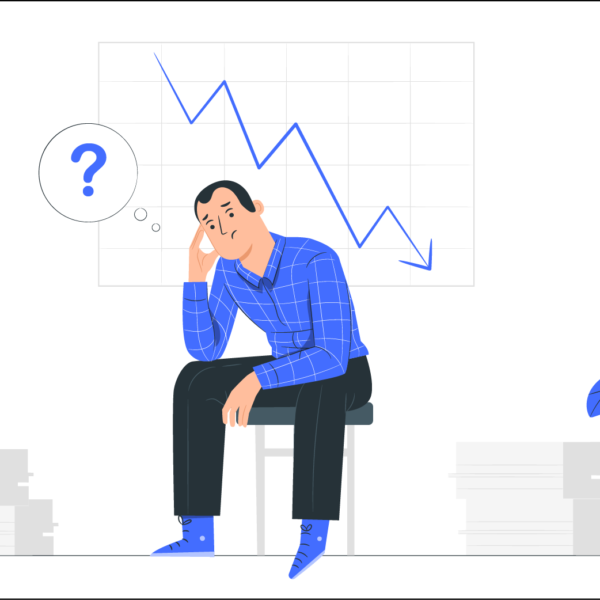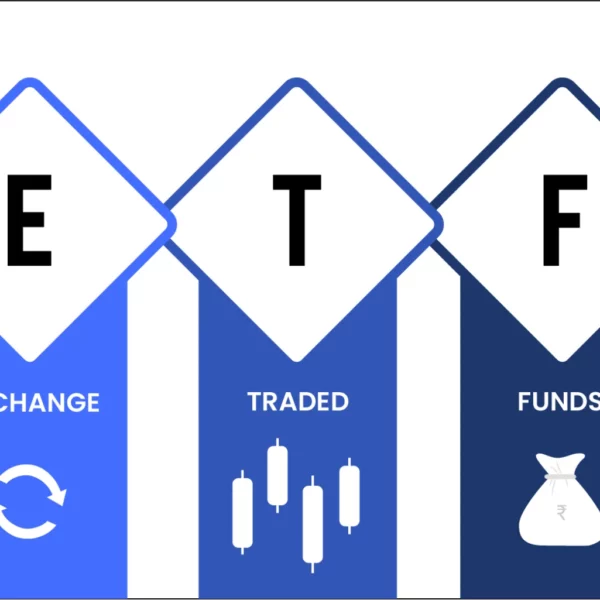Be it switching to a new job or looking for a suitable one, here is how you can handle your finances during the period of unemployment.
The pandemic has drastically changed the way we work and it has also led to the ‘Great Resignation’ movement. According to employment data from Centre for Monitoring Indian Economy (CMIE), at least 5.46 million Indians working in both formal and informal sectors have lost jobs in October 2021. While some have quit their jobs voluntarily, some have been let go from their jobs. It is hard to handle one’s finances as unemployment can throw people off their balance. So, here is how you can handle this situation.
Build An Emergency Fund
We have written a full article about how you can build an emergency fund and why it is important. When you are trying to switch to another job or if you have quit your current job and looking for a job opportunity, then you should compulsorily have an emergency fund. But how much do you have to save? You need to save at least your 6 months’ expenses in this fund. Please read our article to know how you can build the fund.
Keep Your Expenses Low
You need to update your budget and it should be realistic and strict. Just because you have an emergency fund doesn’t mean you can live lavishly by dipping into the fund. You should analyze your expenses and make cuts as much as possible.
If you have subscribed to different streaming services and pay for them individually, you can consider getting a bundle package. You can also review your internet plan and choose something that is economical. Review your expenses multiple times so that you can find more avenues to cut your spending.
Monitoring Your Debt
If you have quit or lost your job and you don’t have another job in hand, you need to make sure that your debt is manageable. Be it credit card debt or education loan, you need to plan how you can manage your debt. If you are having several high-interest debts, try to get them under control before you cut your ties with your employer. You can also divert funds from your budget to your credit card payments. You can also apply for a personal loan and then use it to pay off your current debt. Any of the above strategies could be used to pay down your debt.
Retirement On Track
When you are in a rush to find a new job, you shouldn’t forget about the Pension Fund (PF) contributed by your old employer. Once you get your new job, you might even forget how to access your old PF account. Hence, you can try to roll over your retirement accounts or you can keep an eye on your old accounts.
Since saving for your retirement is extremely important, make sure you don’t forget about your pension accounts and continue to contribute to your old accounts even after getting a new one from your new employer. In case your new employer doesn’t contribute to your pension, you can at least rest easy knowing that your unemployment hasn’t affected your retirement fund.
Keep Looking
If you are someone who is looking to leave your current job without having another job in hand, make sure you get one immediately, so that your financial life can stay on track. However, if you lost your job because of the pandemic, just remember that you will be able to find one as more companies are aggressively hiring new employees and you will be able to nail an opportunity soon. Just don’t get disheartened and discouraged by the rejections and keep putting your best efforts.
In The End…
If you are prepared for unexpected circumstances, your period of unemployment will not stress you or make you anxious. You can also check your net worth to understand your financial status. Head over to Koshex and check it within minutes. This will help you assess where you stand and how much you should be saving and which financial products you should be choosing to earn higher returns. Trust us, we have made everything easy and safe for you. Create an account with Koshex today!









Leave a Comment